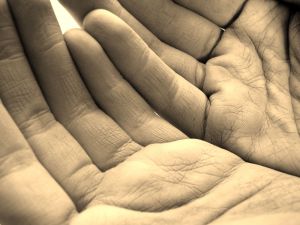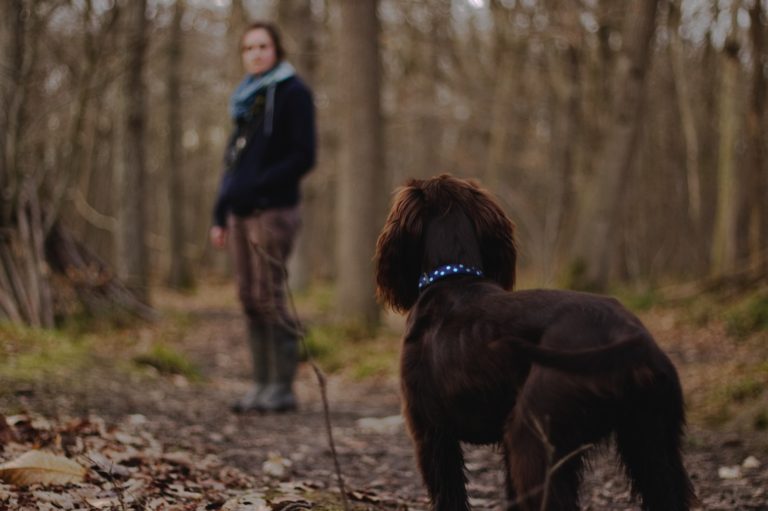Healing Our Suffering

Healing Our Suffering
“We are healed of a suffering only by expressing it to the full.” – Marcel Proust
As I head into this work week I have asked myself some good questions I needed answers to so I could proceed. If you are a follower you are aware I am an advocate for good questions. Following are the questions and answers I have found.
Why is advocating for loved ones of people who attempt suicide important? It is important because being in the middle of that crisis is debilitating. It is traumatic and confusing. It is horrifying and grief inducing. It affects every aspect of your life. It is difficult, if not impossible to advocate for yourself while you are fighting for the life, and possible freedom, of your loved one who attempted. When suicide attempts happened in my family I was deeply affected. I searched online, in book stores and over the phone to find any resources to help me through the process I was thrown unwillingly into. After two years of PTSD symptoms, grief and a major breakdown followed by healing I began my quest for help and research with a clearer mind. Again I contacted suicide prevention organizations, mental health/illness organizations and organizations to help people after a suicide loss. Here are a few things I was told to my face or over the phone:
- “Your dad is still alive, when are you going to get over it?”
- “You don’t know what I would give to have just one more day with my brother. You are ungrateful.”
- “No one died so what is your problem?”
- “You should be thankful/grateful your dad is alive.”
- “People who have a loved one attempt suicide do not grieve, if their loved one is diagnosed with a mental illness they grieve, but not if someone attempts suicide.”
- “You should not be doing this work. You do not understand suicide. You should be doing everything you can to keep your father alive. You will regret this.”
- “We don’t have any resources for you. Your father will certainly die by suicide eventually and when he does you can join our group.”
- “Are there resources for loved ones of people who have attempted suicide?’
- “Is it possible there are great resources available that I simply could not find through my mind fog and grief?”
- “Can I partner with, or help advocate for these organizations who are working to support and provide resources for loved ones instead of reinventing the wheel?”
Who else is doing this work? At this time I am grateful people who have attempted suicide are being recognized and asked for their stories, experiences, and advice in the suicide prevention world. To my knowledge though, the best resources for loved ones continues to be personal counseling. Thus, no one organization or resource is addressing all people who are affected by a suicide attempt at this time but Attempted Suicide Help.
Why should family member’s voices be heard where suicide prevention conversations are happening? People I interviewed who have been affected by a loved ones suicide attempt also have experiences to share in the healing and suicide prevention process. In addition, the majority of people who have a loved one attempt suicide experience suicidal thoughts sometime during their own healing journey. They have experiences dealing with physical and mental health providers following a suicide attempt that the person who attempted may not remember, or be aware of having happened.
Why is it hard for family members of a person who attempts suicide to speak up?
- It is hard because of the stigma surrounding mental illness and suicide.
- It is hard because of religious beliefs.
- It is hard because of laws against suicide and suicide attempts.
- It is hard because people who have endured a suicide loss are not traditionally very helpful because of their own very deep wounds. Understandably it is hard for them to see past their own loss to understand what we could possibly have to be needing help with.
- It is hard because none of us want to do further harm to the person we love who attempted to end their life and at the same time have very serious wounds and anger surrounding the event(s).
- It is hard because the person who attempted suicide may have asked us or made us promise to not tell anyone about the attempt and thus we are left even further isolated.





It is so liberating for me to have ASH for support. Through all the years of seeing and living with mental illness within my closest family members, I am finally able to truly understand the term ‘self care’.
It is my hope that mental illness and addiction will become easier to talk about. I believe there will be a day when just as a person is air-lifted to a bigger hospital for treatment, so too shall the mentally ill and addicts have the same care with clean safe surroundings, not a jail cell. As I watch stigmas and uncomfortablity surrounding these issues being addressed I do believe change is happening, just not fast enough. I/we are on our way to a healthier future. I/we just have to muck through the toxins in order to get there. Together with our loved ones, our communities and organizations like ASH hope is always alive. Keep asking the tough questions. Even if we say “I don’t know” something inside us does know and will guide us as we search for an answer to the seemingly un-answerable.